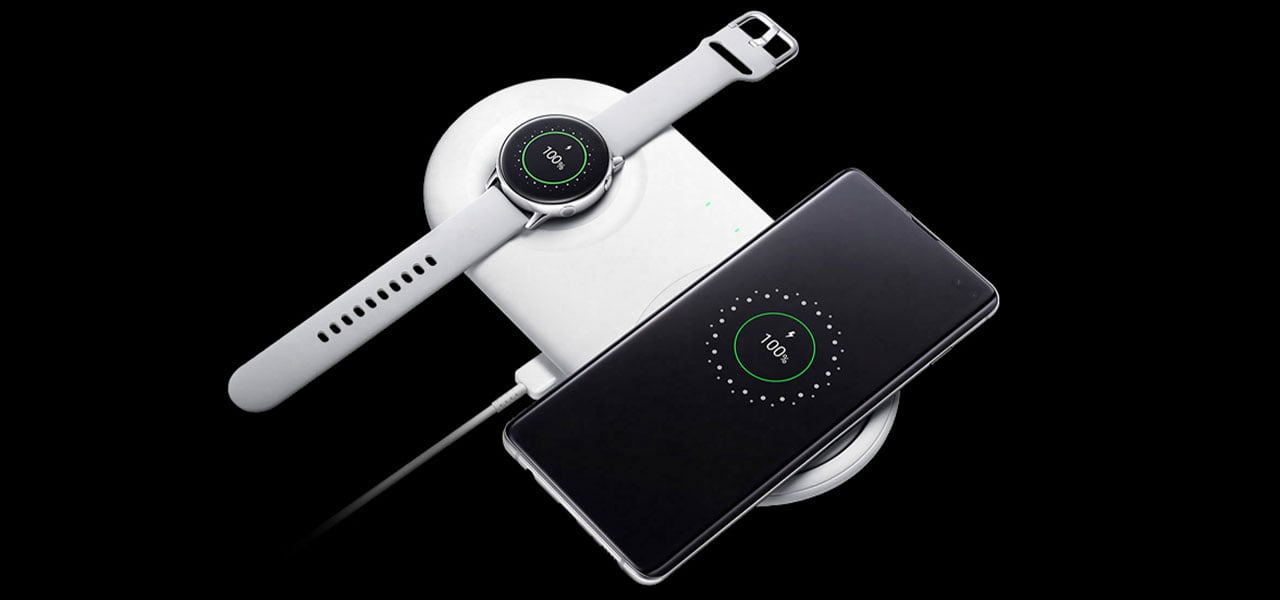
23 Aug Samsung to Launch Graphene Battery by 2021
There are always rumours swirling about the biggest mobile phone manufacturers on the market, and this week a new rumour has surfaced that suggests Samsung is about to make some major upgrades to its battery technology.
While nearly all modern handsets use lithium-ion batteries, there are some limitations, and they are not actually the best way to power phones. But, until now, no company has come up with a viable alternative, with the requirement being for batteries that take up less internal space while offering a longer performance and a faster charging time.
Enter Graphene Batteries
This is not the first time Samsung has mentioned graphene technology; it was also a rumour in 2014 for the company but did not give rise to anything substantial. Now it looks as if seven years on the company may be ready to incorporate these batteries into their new handsets.
However, the leak has not come from the company or been confirmed by them. It came from Twitter leaker Evan Bliss who has garnered a reputation for knowing things the rest of us don’t, so it could be true. The tweet basically alluded to the fact that Samsung plans to release one or two handsets by 2020 or 2021 that use graphene batteries.
Graphene the Wonder Stuff
There are lots of good reasons why graphene is being touted as the best replacement for lithium-ion batteries and not just in mobile phones either. In the automobile industry, there was a lot of buzz around this type of battery a few years ago as the component graphene polymer is able to charge much faster, discharge quicker and offer a massively extended range which are all features a car battery needs to have. The added advantage is that they are much denser so can be offered in a much smaller package than at the equivalent sized lithium-ion battery. For mobile phones, this means freeing up internal space for the addition of things like 5G modems or the ability to get a significantly bigger battery in the space already allocated and even the bigger size battery will not increase the weight of the handset.
Quicker Charging Speeds
Charging handsets quickly has also become something of a competition among manufacturers, and wireless charging adds even more to the mix. However, wireless is not as fast as wired charging, and currently, the fastest technology we have comes from Oppo who introduced Super VOOC technology to some of their phones.
Of course, this was jumped on by many reviewers, and in one trial by Pocket Lint, several handsets were charged for just 5 minutes from flat. The Super VOOC charger managed an impressive 22% charge in that time, while the nearest rival was the Huawei Mate 20 Pro with their super-fast charger that only managed 11%. Bliss has further stated that we can expect a charging time from flat to fully charged of just half an hour, which would beat even the Super VOOC performance and no doubt go down well with users.

